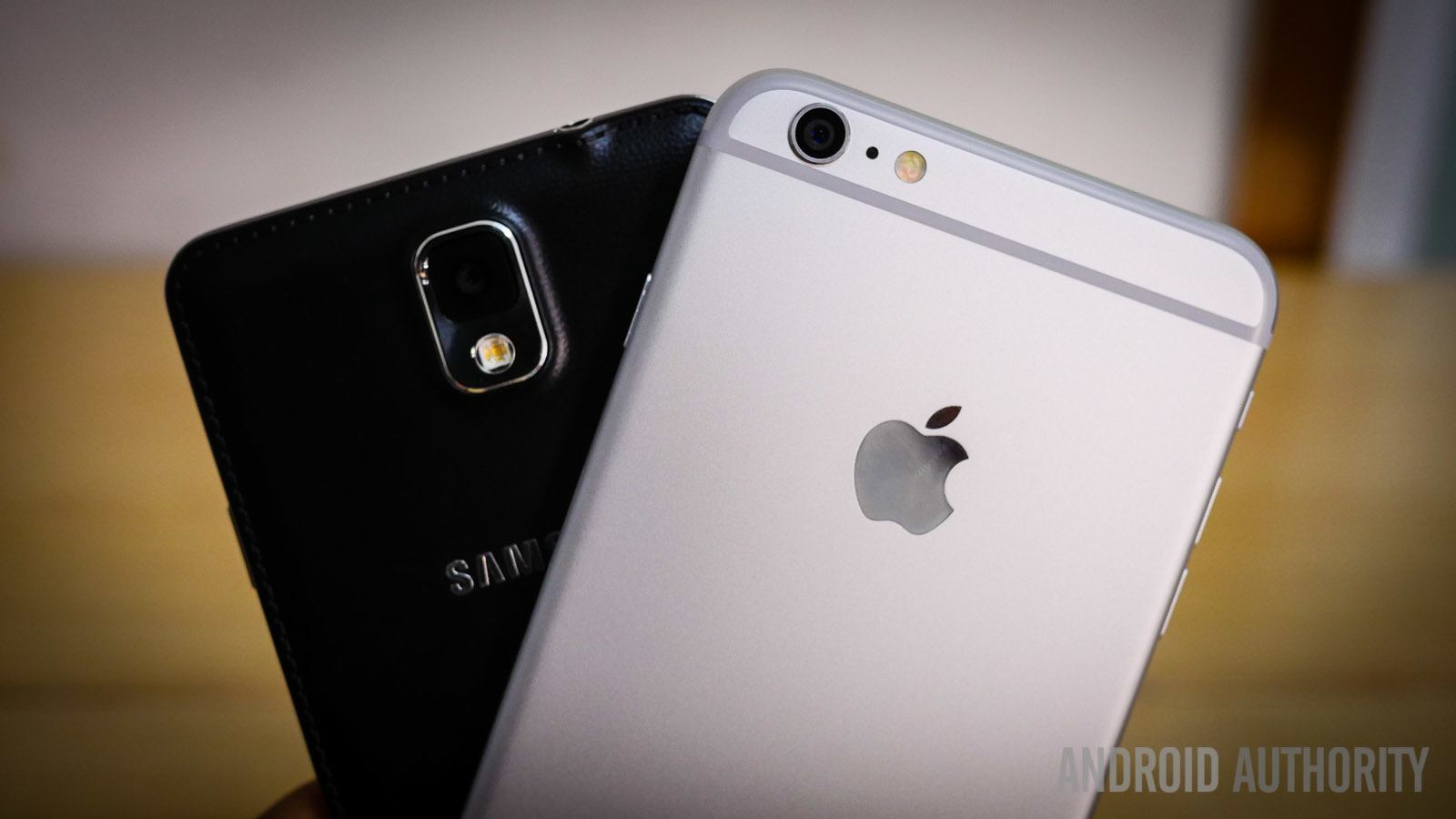Affiliate links on Android Authority may earn us a commission. Learn more.
Android switcher taking Apple to court over undelivered text messages

Back in May, former Apple user, turned Samsung owner, Adrienne Moore filed a lawsuit against Apple over lost text messages. After ditching the iPhone, Moore found that she was having issues receiving messages due to a known bug in the iMessage service that was essentially blocking messages after she switched platforms.
After years of ignoring the issue, Apple finally introduced a new tool yesterday that allows folks to de-register from the iMessage database after switching to Android. Of course, that doesn’t mean the lawsuit on hand will simply be forgotten. In fact, Judge Lucy Koh (yes, the same judge from the Samsung vs Apple trials) has now officially decided that Apple will have to face a U.S. Federal lawsuit over the matter.
Moore’s lawsuit, which is seeking class-action status and unspecified damages, says that blocking messages interfered with the plantiff’s Verizon wireless contract and violated a California unfair competition law. Furthermore she says that Apple should have informed customers that switching to an Android device (without de-activating iMessage) could interfere with sending and receiving messages.
Of course, failed messages can happen with any wireless provider on any phone, but as Koh puts it:
Plaintiff does not have to allege an absolute right to receive every text message in order to allege that Apple’s intentional acts have caused an actual breach or disruption of the contractual relationship.
As far as Apple is concerned, they say that they never claimed that iMessage service would recognize when iPhone users switched to rivals and they seem to suggest that it was the consumer’s responsibility to ensure they deactivated from the service manually before switching. What do you think of the lawsuit? Let us know in the comments.